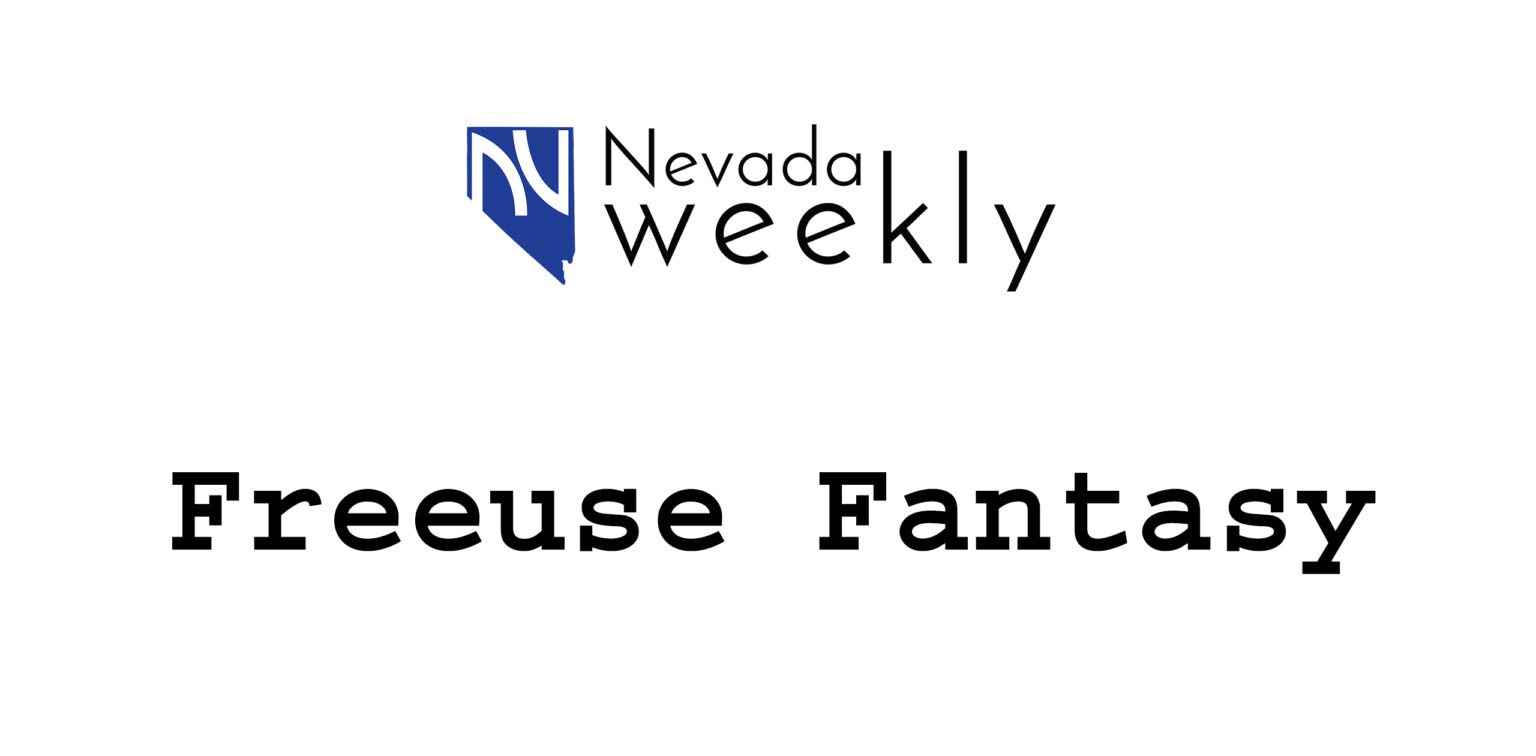Sorcerer languages are extremely important for sorcerers. A good starting character should have a minimum of three different languages and it is even better if they learn all of them. Then, when they level up, they can change some of those spells for others that are better suited for their class. Here are some examples of bonus languages for sorcerers in 5E. Read on for some tips and tricks on how to get the best out of these powers.
The Languages of the Elementals
Elementals: In 5e, there are four main languages used by elementals. A sorcerer can speak any of these four. Those who speak “Elemental can communicate with other elementals as well as with Djinn”. In addition to these languages, they can speak any one of several other languages. If you choose a language, you’ll find that you’ll need more spells to be effective.
Common: Common is the language of human and multi-racial groups. It is the most common language spoken by humans. Some of these creatures can also speak Elemental or Djinn languages. If you’re going to play an Elemental, make sure that you choose a language from their racial group. The language is often easy to learn, especially for new players. You can also learn some languages that your sorcerer can use for spells.
The Undercommon Language
Undercommon is the language of elementals and illithids. The other two languages are Undercommon and Deep Speech, which are languages of aberrations. The illithids also speak a unique racial language, called Qualith. Unlike other racial languages, Qualith can only be read by magical means and telepathically. In 5e, this racial language has been replaced by tentacle braille, which should be easy to learn and use
.
In 5e, languages are not just used to communicate with humans. Some people can even communicate with djinn and elementals in their language. Moreover, they can also interact with other creatures, which means they can be useful in the campaign. There are various sorcerer languages for sorcerers in 5e. The following are some of the more common ones: Sorcerer’s dialects, Djinn’s tongue, and illithid.
The Common language is the most common language of human groups. This language should be easy to learn and be familiar with. The illithids speak Deep Speech, which is a psionic language. The illithids speak a variety of languages, sorcerer dialects should not be hard to translate. The illithids’ languages are commonly found in the world and have different names in different regions.
Why should you learn the Sorcerer’s language?
Sorcerer languages can also be useful for sorcerers. As an illithid, you may need to learn this language for a variety of reasons. First, it’s a great way to communicate with the illithids, who are a race with unique linguistic traits. These races have their lore, and the illithids speak three of them.
In the D&D 5E game, sorcerers can learn two languages: Common and Djinn. The common language of humankind is Common, and it’s relatively easy to learn. This language is useful for sorcerers who want to communicate with elementals. If you’re illithid, you can also speak the Djinn languages. Those two types of sorcerer language are not necessary for your character’s success, but they can be helpful for www.businesscave.us/5elanguages/
In 5e, sorcerer languages can also be acquired. You can learn humanoid languages with an anthropologist background, and monstrous languages with a ranger guild. Using sorcerer languages can help you learn different kinds of spells, such as reading, writing, or interpreting. But be careful to read all of the rules of the language you are using, as some of them might be contradictory.
Inference
The five sorcerer languages list shows a list of available languages. The first language is Common, and it can be learned by any class or race. Then, you need to learn spells for each of the other three languages. A sorcerer can learn a total of six spells per level. Taking a sorcerer’s intelligence level into account can also help them learn a new language.






